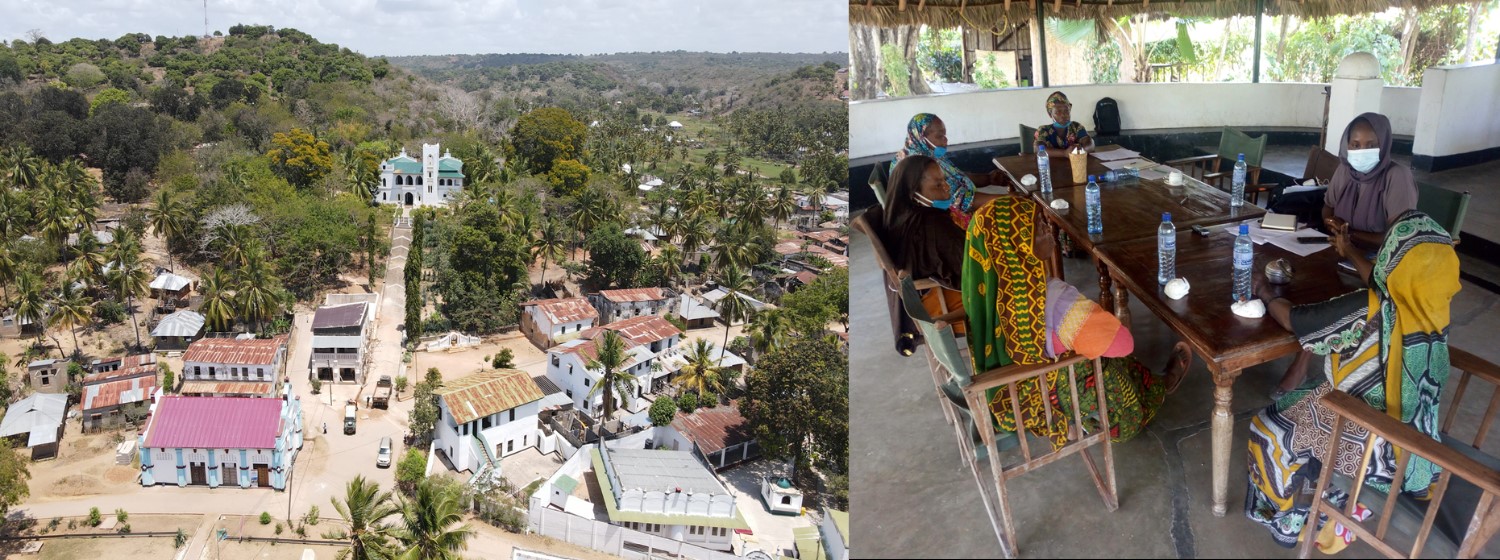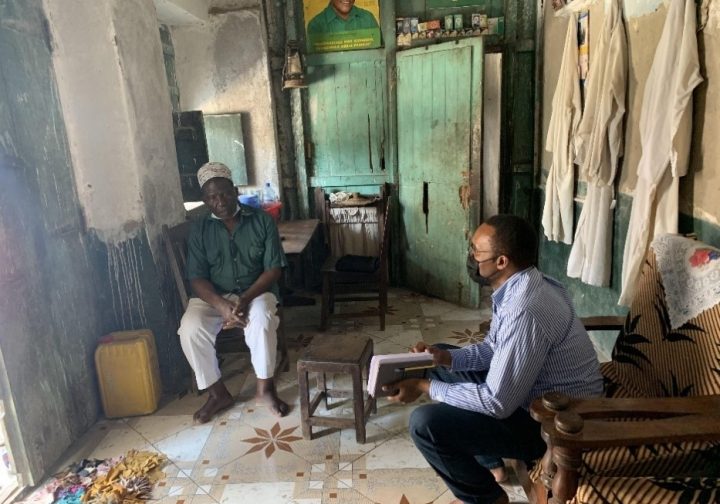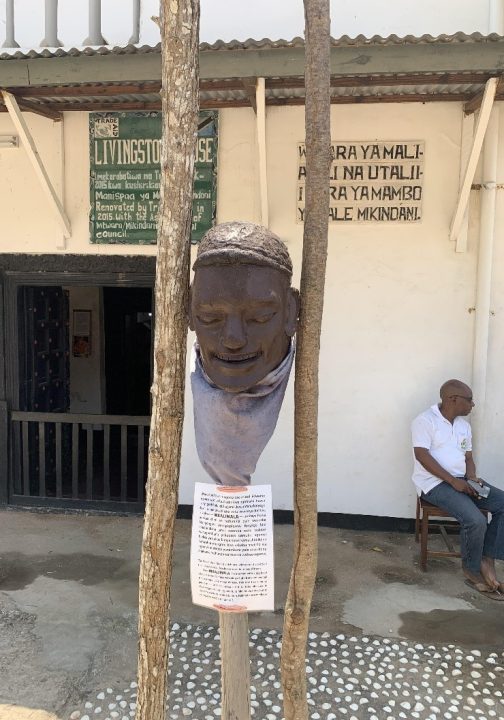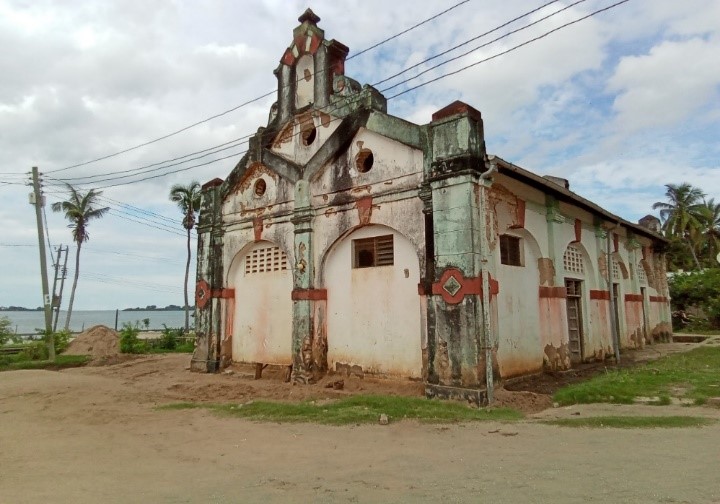
LOCATION
Mikindani and Pangani Historic Towns in Tanzania
OUR TEAM
Dr. Noel Biseko Lwoga (PI)
Dr. Maximillian Chami (Researcher)
Ms. Rahel Kisusi (Researcher)
Mr. Paul Ndahani (Principal Conservator)
Ms. Mwamvita Sollo (Digital Heritage Expert)
Mr. Ally Mbarouk (Conservator)
SYNOPSIS AND POSITION
The study explores how multivocality perpetuates dissonance that shape cultural negotiations and people’s means of coping with the violent memories. It uses evidences from 19th century major terminals of slavery caravan routes in Mikindani and Pangani in Tanzania as explorations for wider theoretical and practical questions related to slavery archives and provides useful insights for rethinking heritage representation approach and for dealing with cultural diversities. It also offers important insights in the flaws of authorised heritage discourse, making a strong case for the crucial role of multivocality and its tensions, in overcoming symbolic violence and creating understanding of “the other”.
OBJECTIVES AND METHODS
The study adopts the lens of heritage dissonance and the IHD to explore the multivocality in the context of memorialization of heritage associated with the past slave trade, and how it perpetuates heritage dissonance that shapes cultural negotiations and the people’s means of coping with violent memories.
It applies qualitative constructivism, humanist and dissensus designs to explore diverse evidences from people’s construction of the slavery heritage. It specifically employs in-depth interviews, participatory-based FGDs and physical observation of slavery heritage sites.
WORKSHOPS AND EVENTS
The workshop for the co-creation of the narratives of slavery archival materials conducted in January (Pangani) and February (Mikindani), where the narrations are presented to the local communities in a participatory manner in order to reach consensus regarding the most egalitarian representation that tell a more diverse story of slavery heritage
ACTIVITIES
-
- Project set up (September 2021, Dar es Salaam)
- Local stakeholder analysis to identify slavery heritage stakeholders beyond those known before hand, with the consideration of broader dimensions of people’s interest, power, legitimacy and historic connections and attachment with the heritage (October 2021, Mikindani/Pangani/Dar es Salaam)
- Physical survey of the slavery archival materials to document and assess their cultural significance and digitize them (October 2021, January 2022, Mikindani and Pangani)
- Engagement of local communities in participatory data collection undertakings such as in-depth interviews and focus group discussions (October 2021, January 2022, Mikindani and Pangani)
- The co-creation of the narratives of slavery archival materials and captions through participatory workshops (February 2022, Mikindani and Pangani)
- Analysis and Studio works (Digitalization, Production of Captions) (November 2021 – February 2022)



Images © Noel Lwoga 2021
